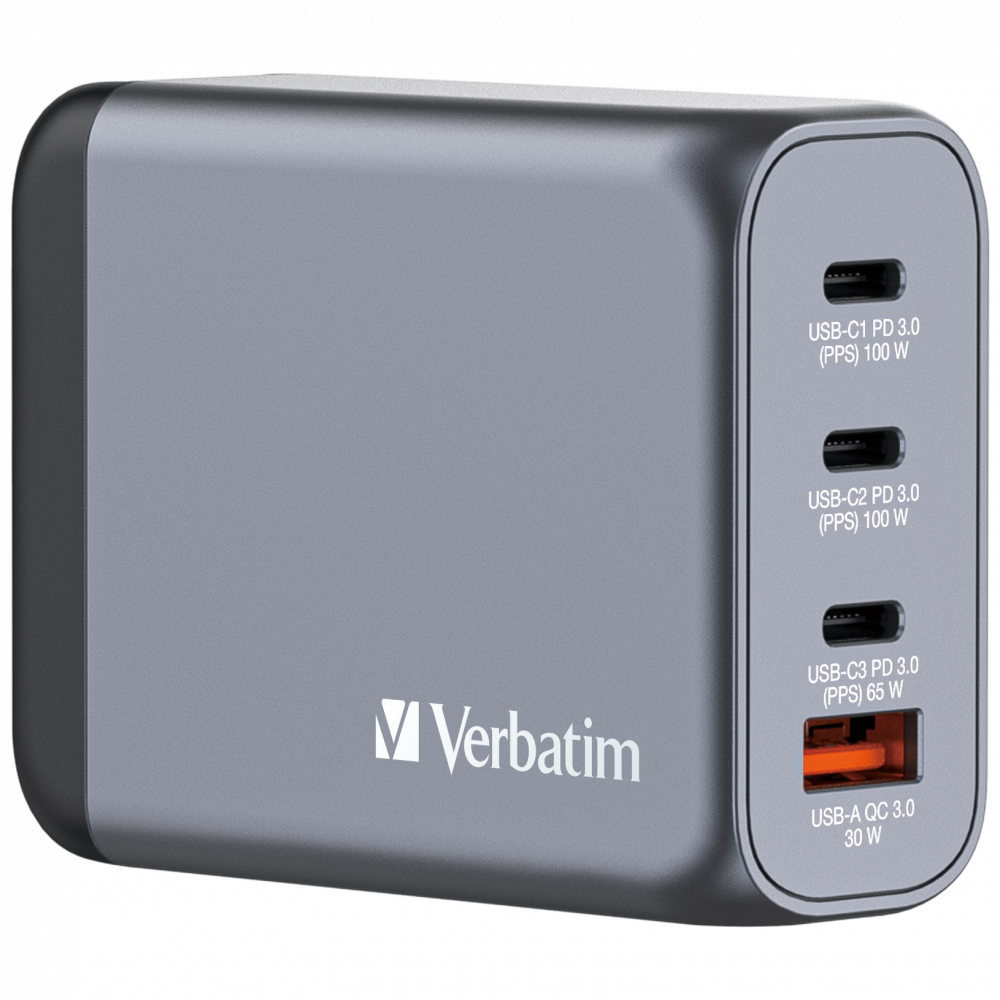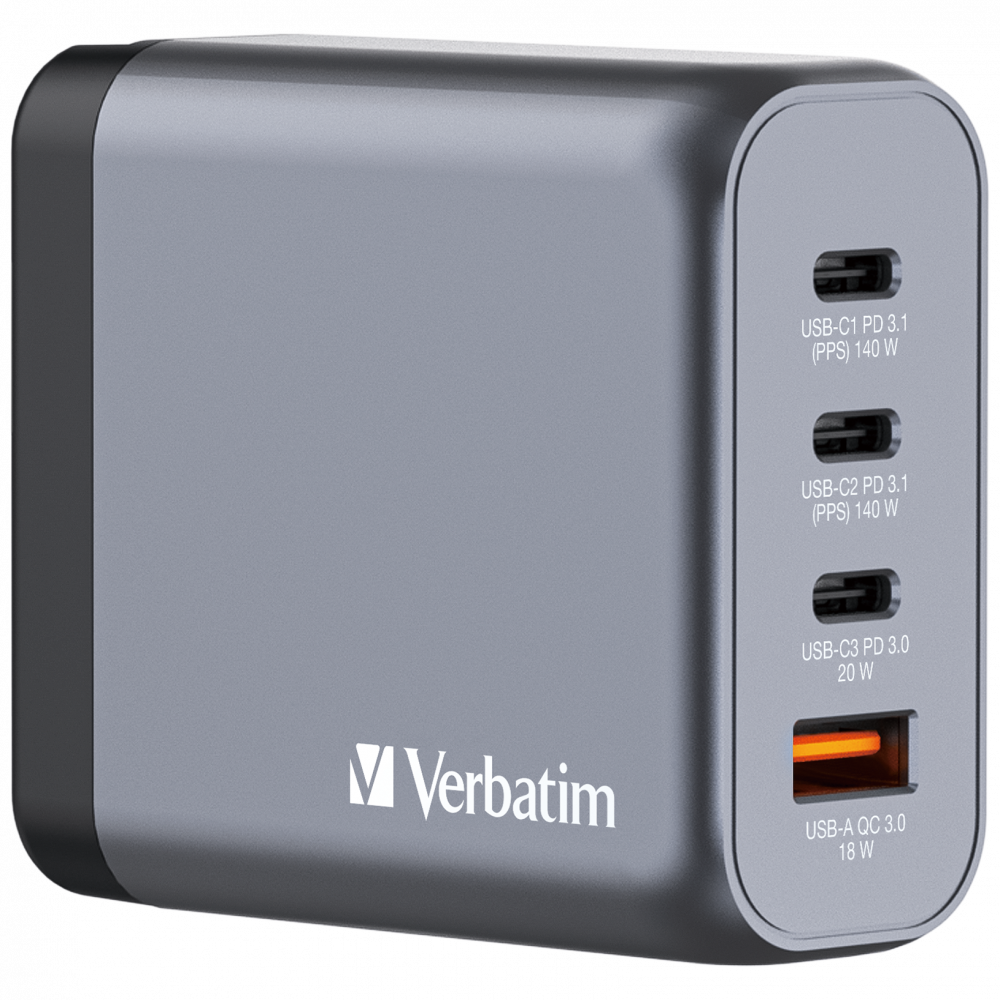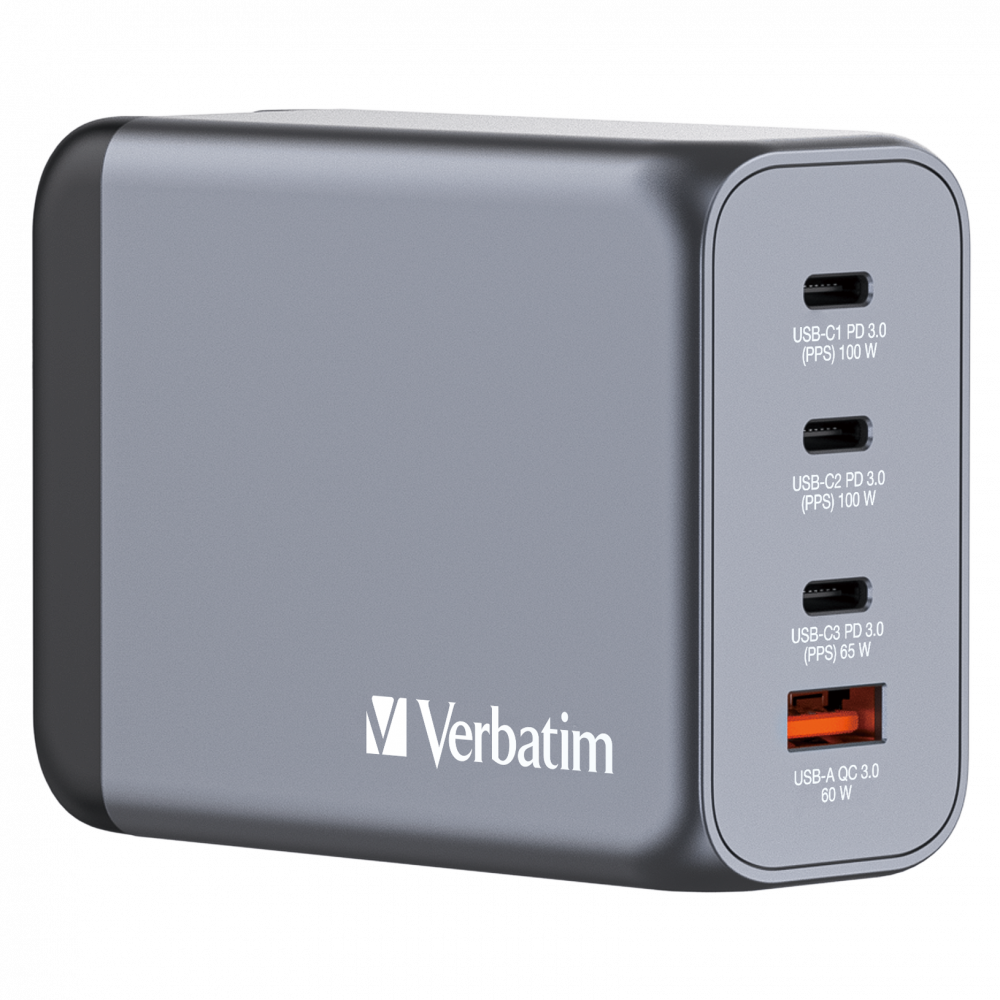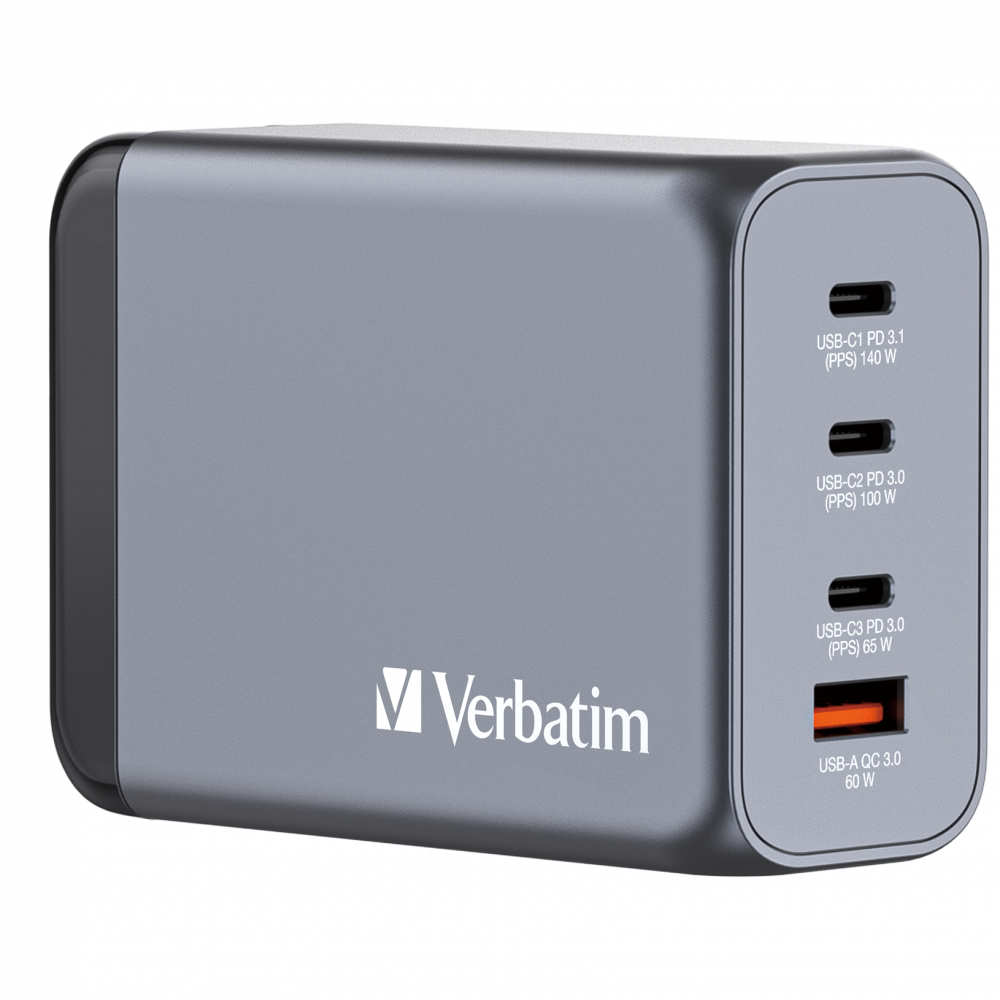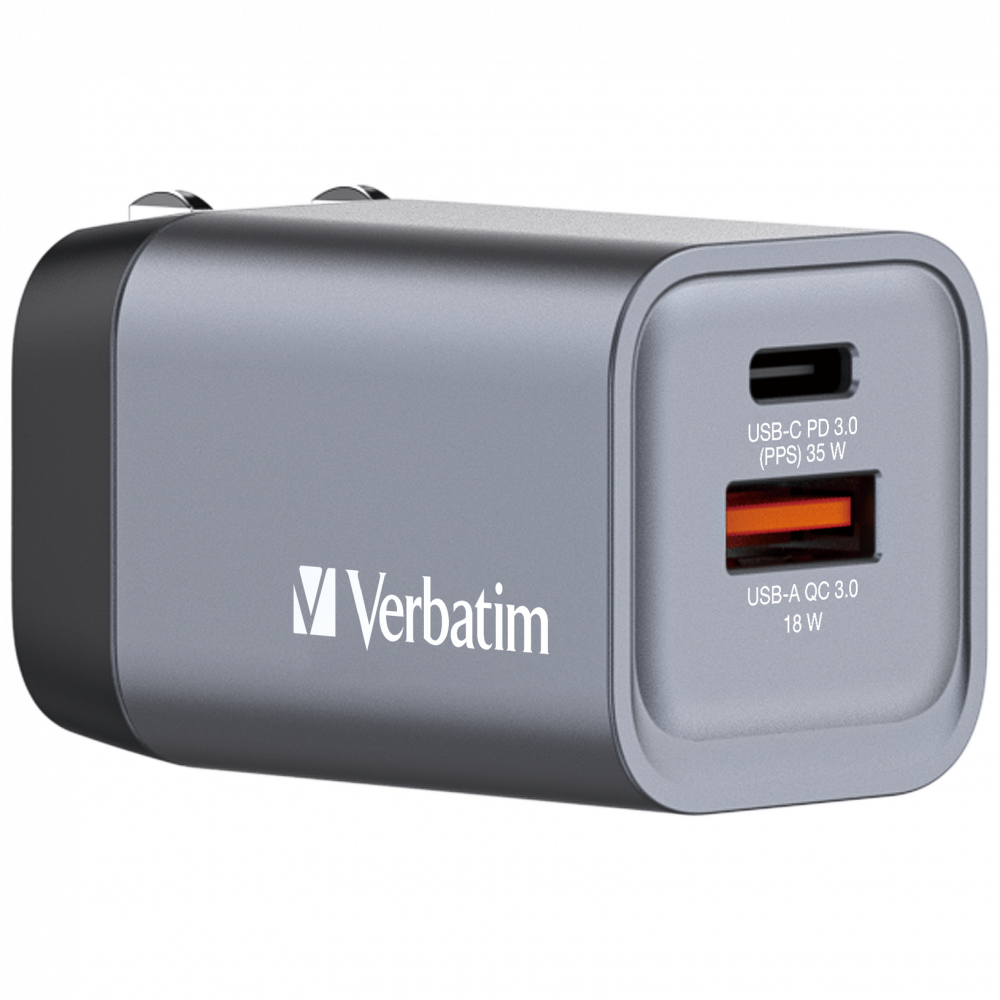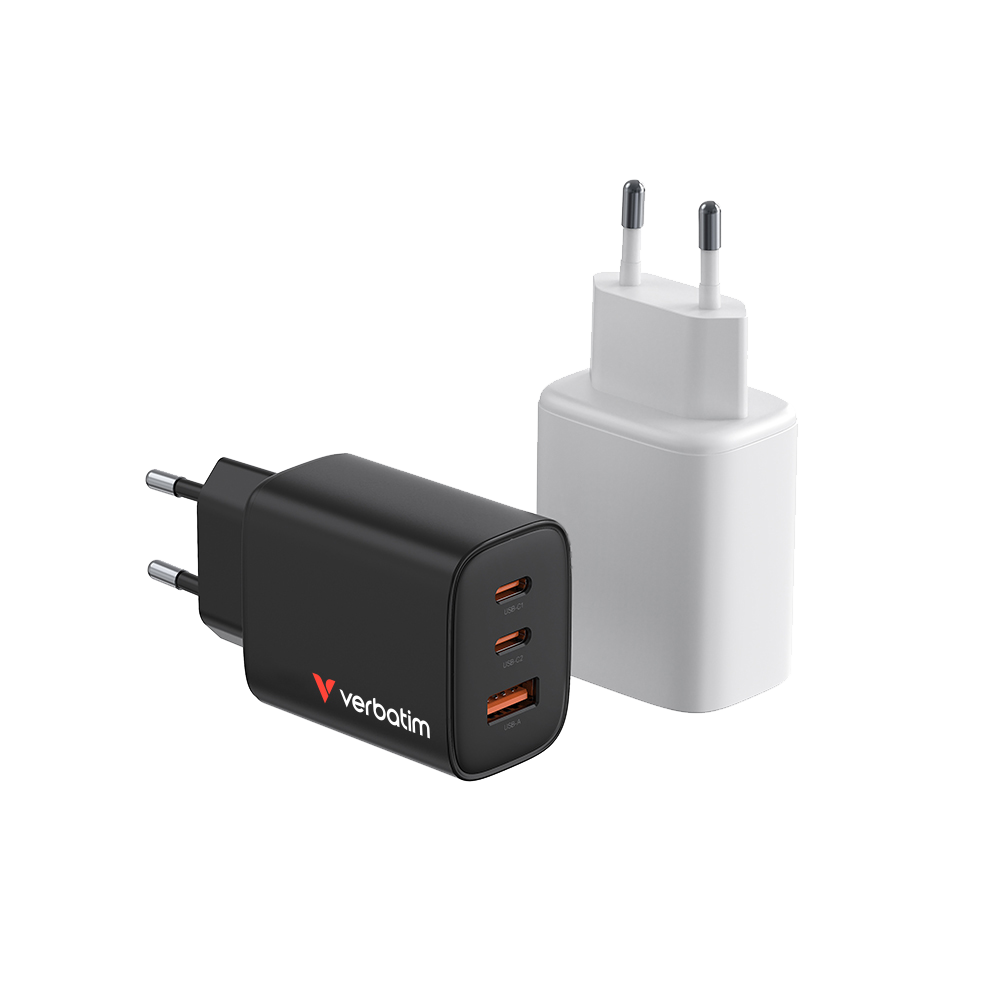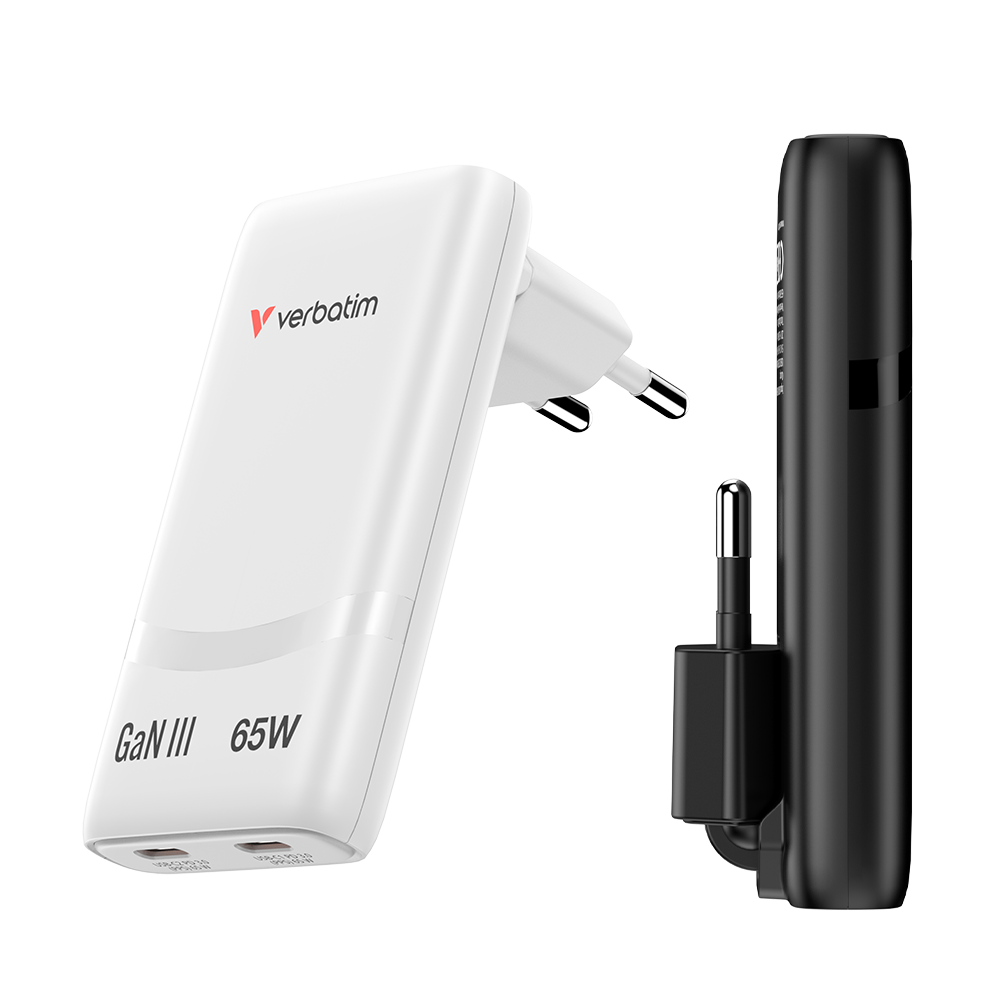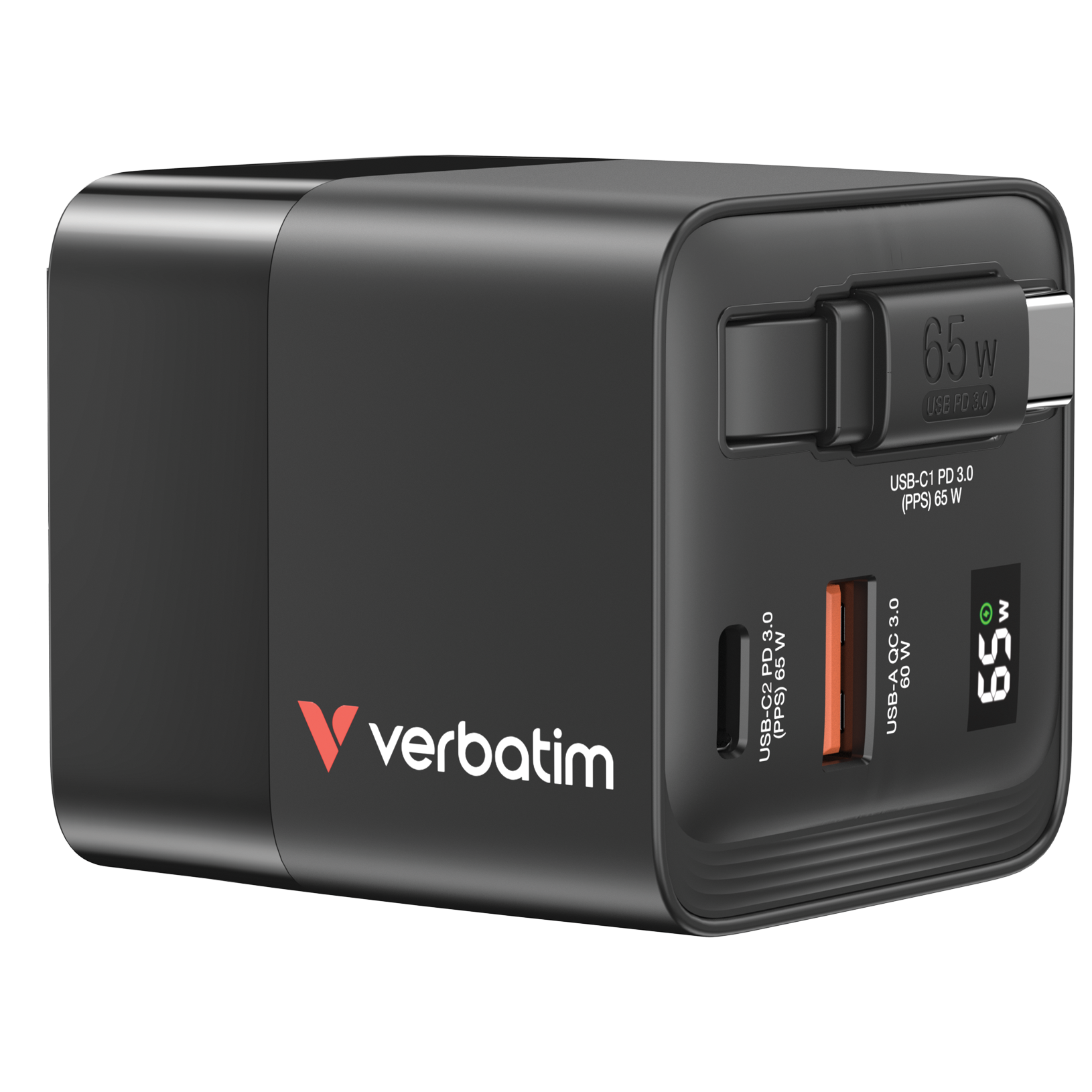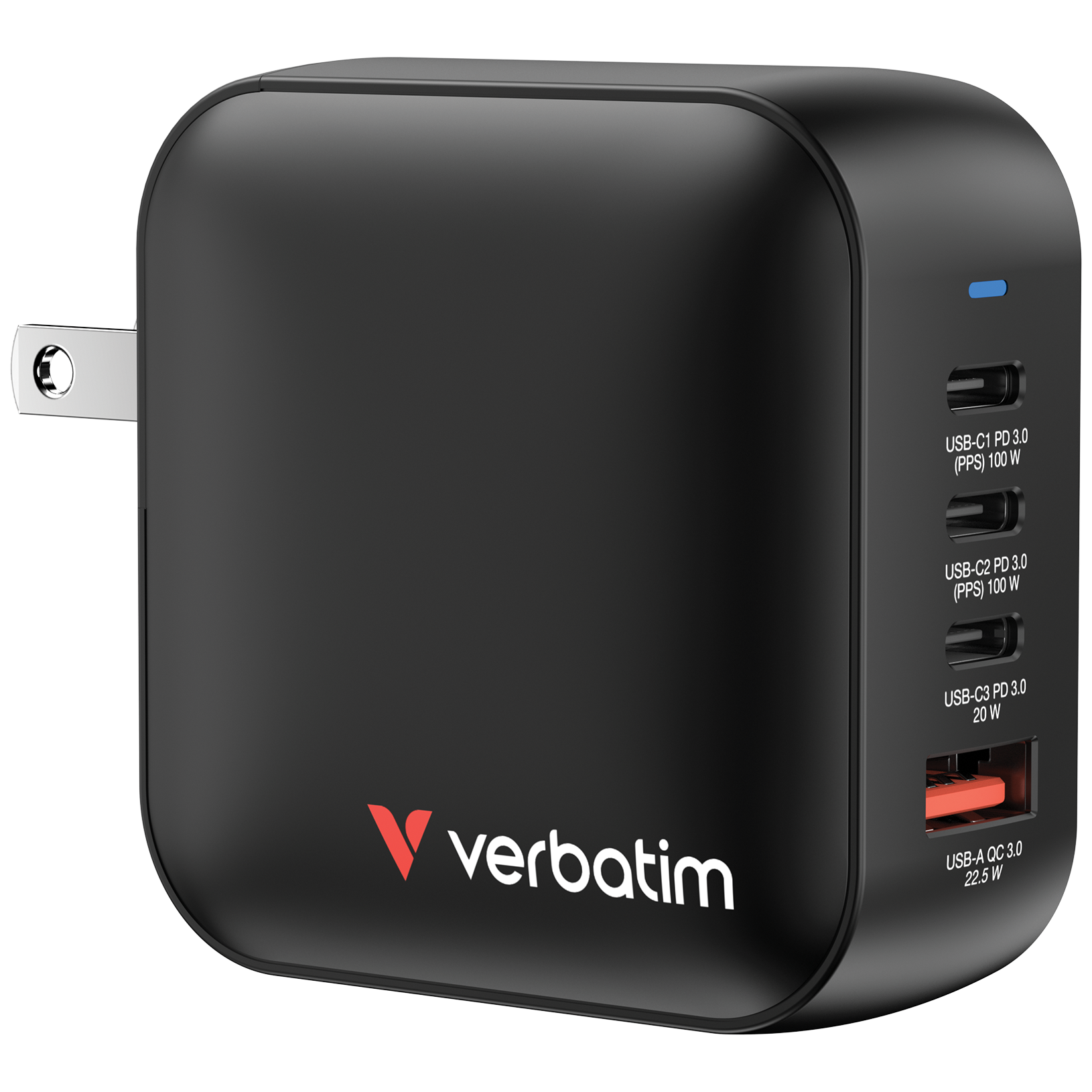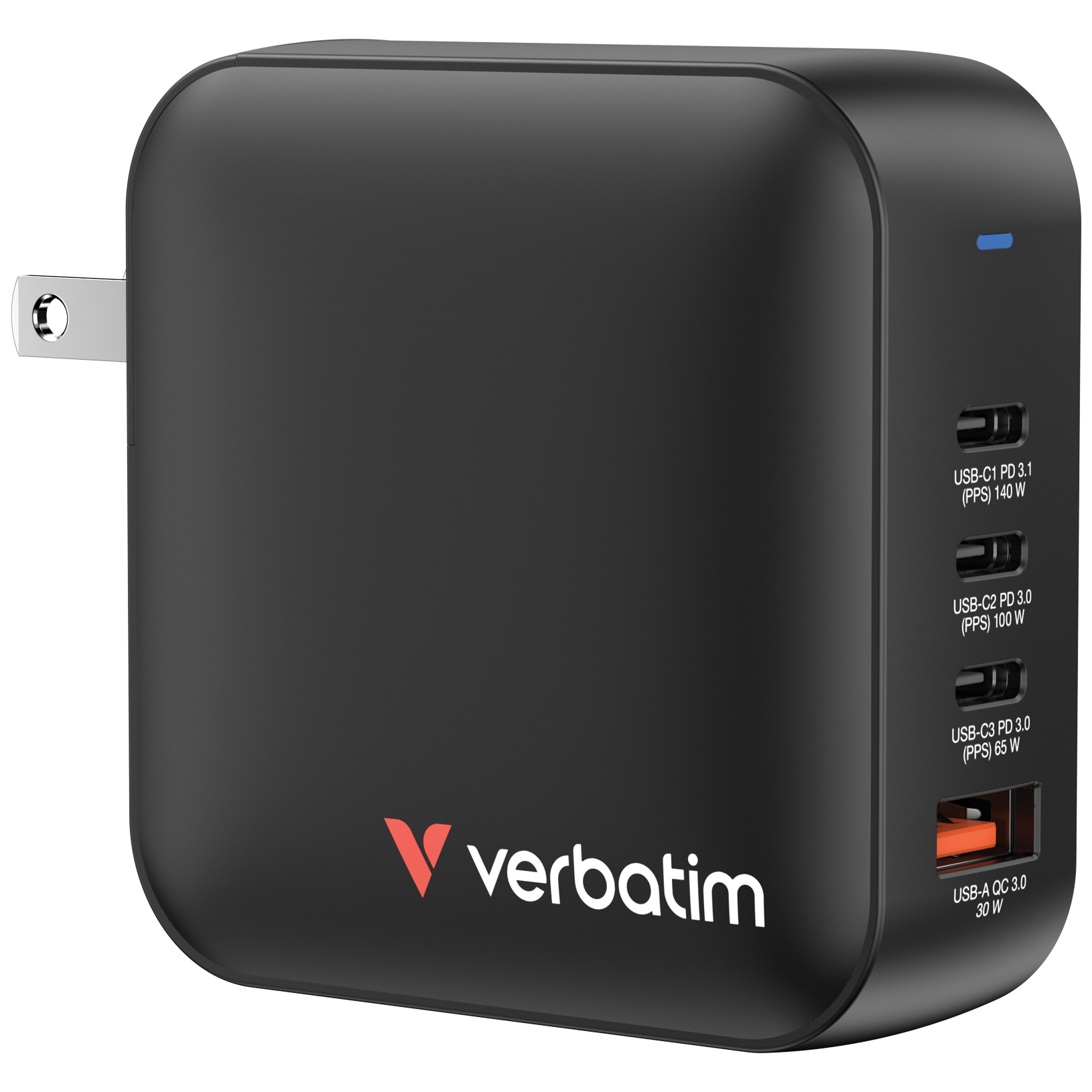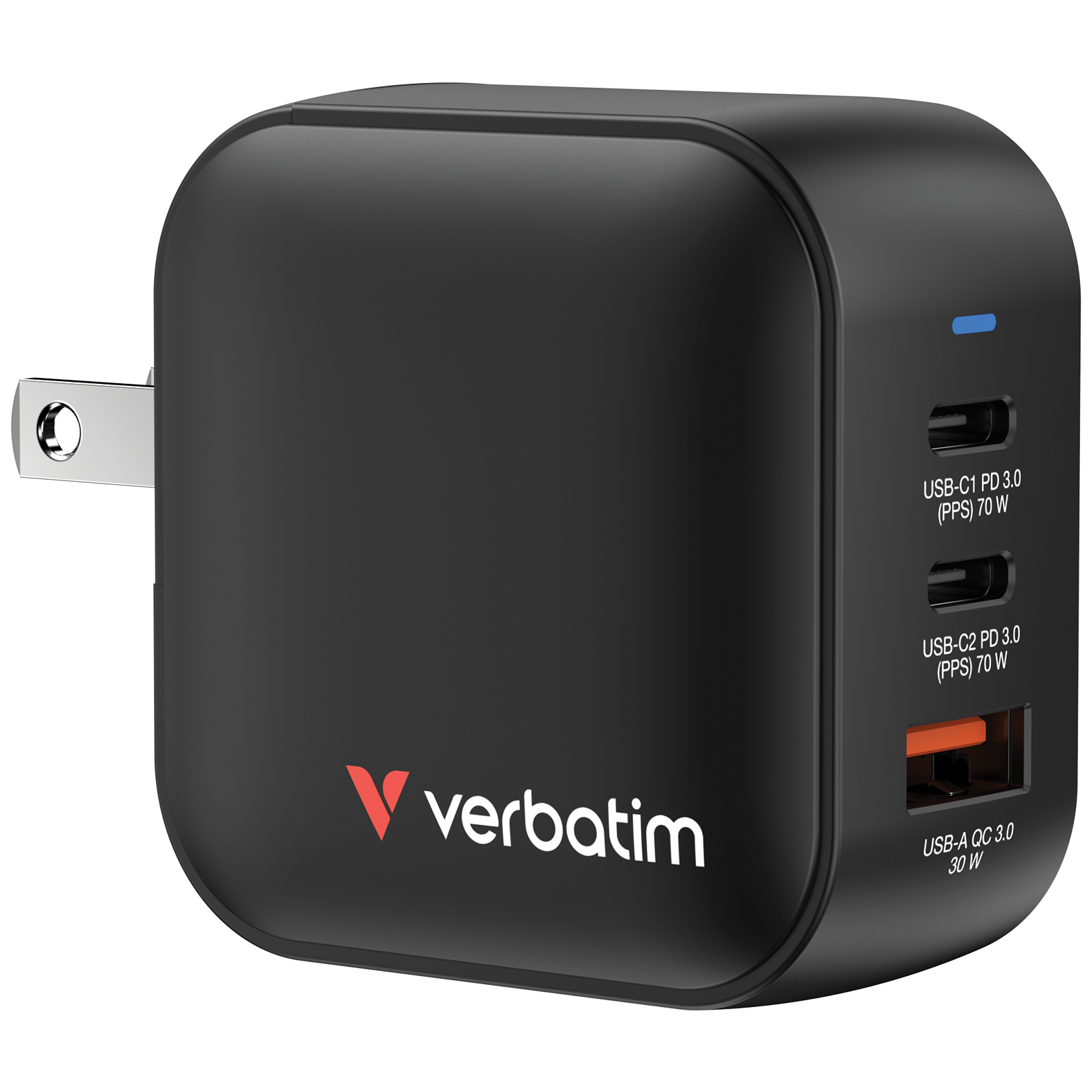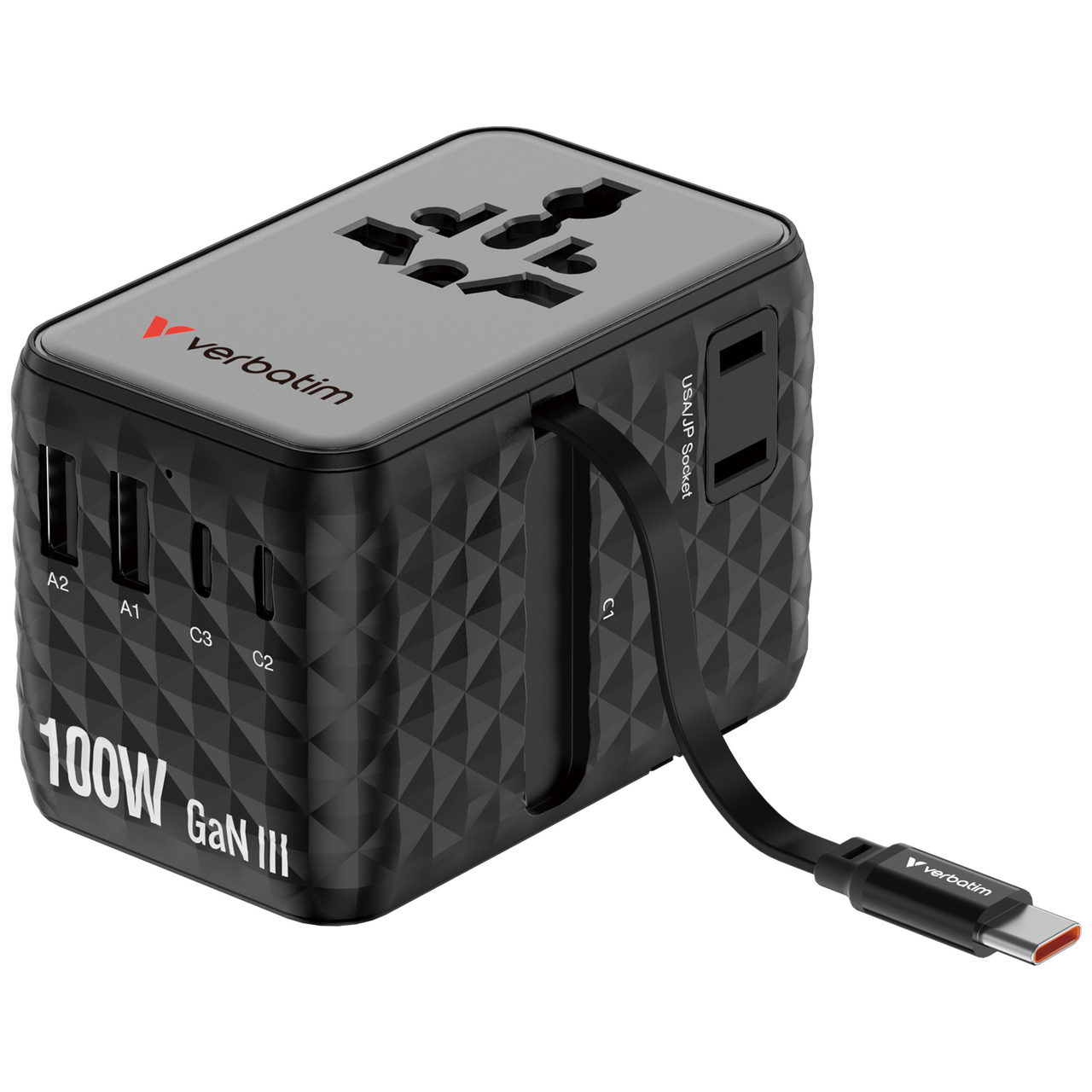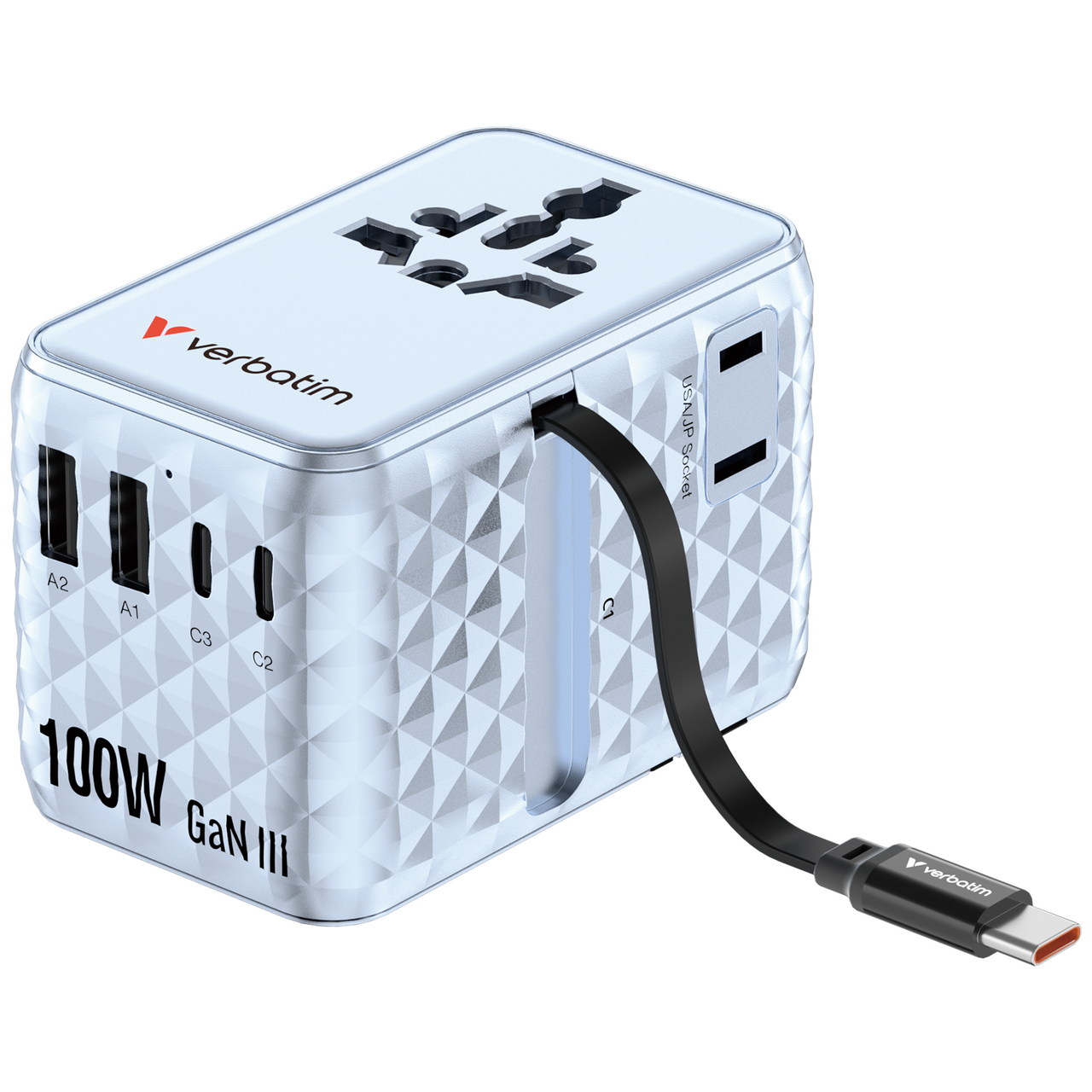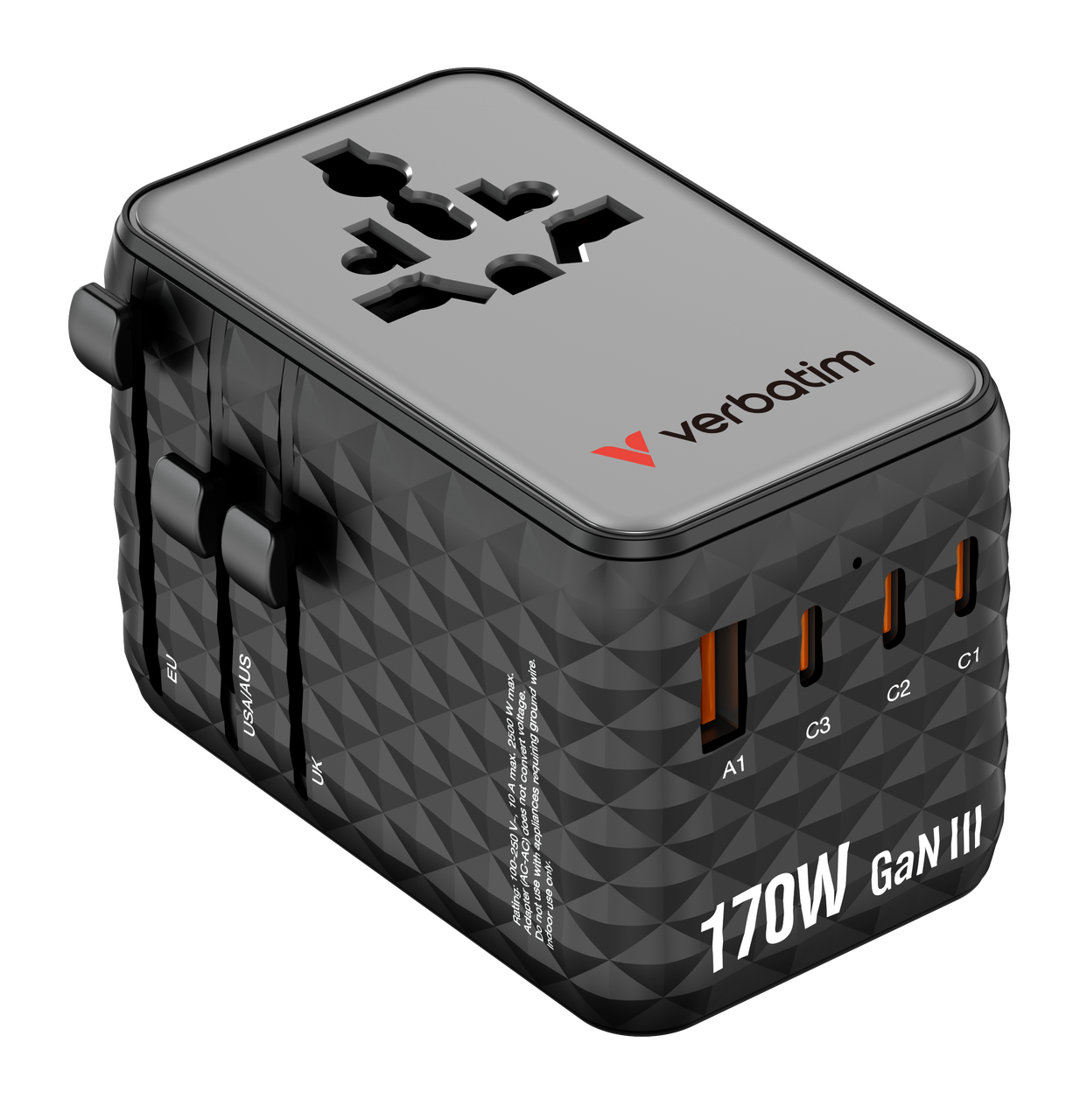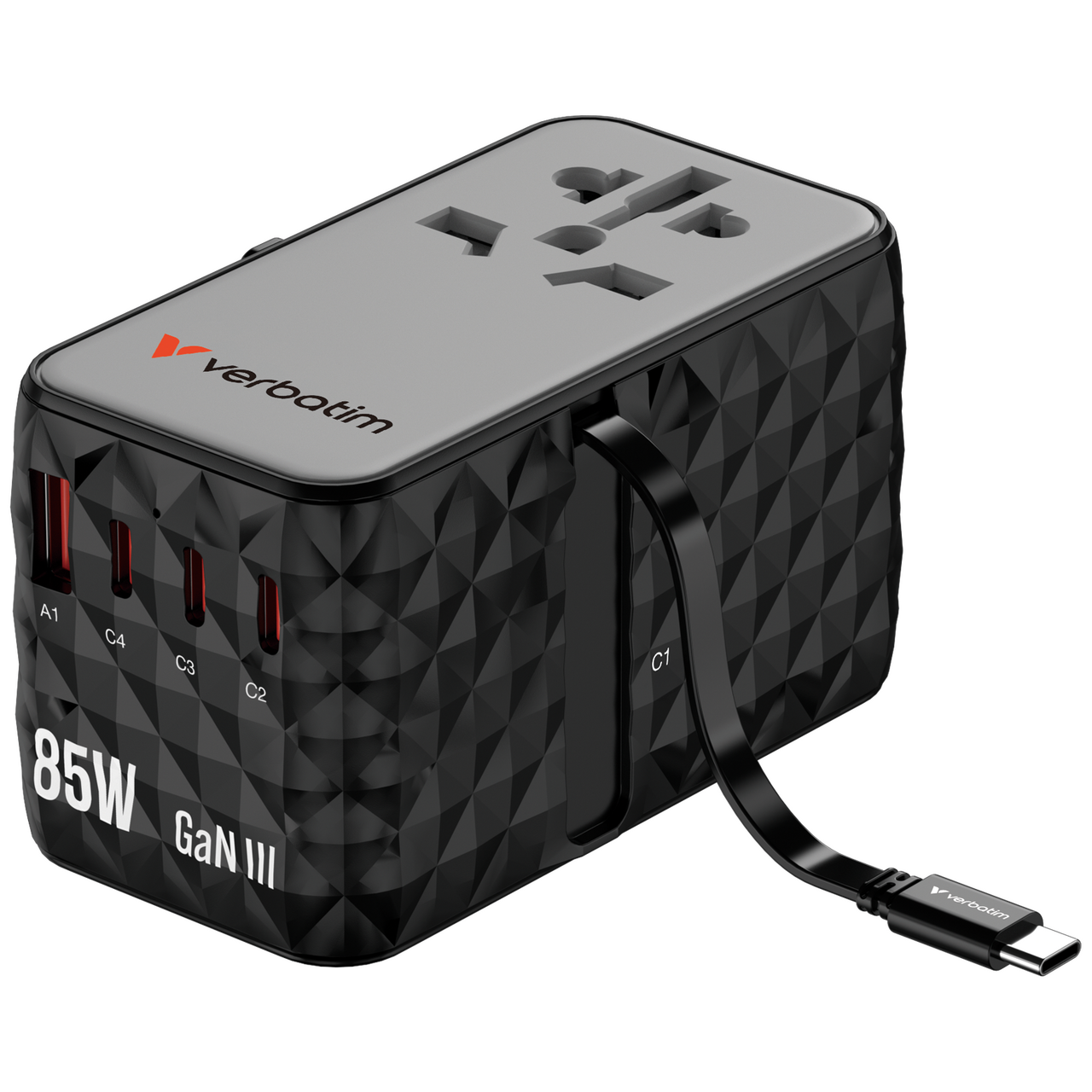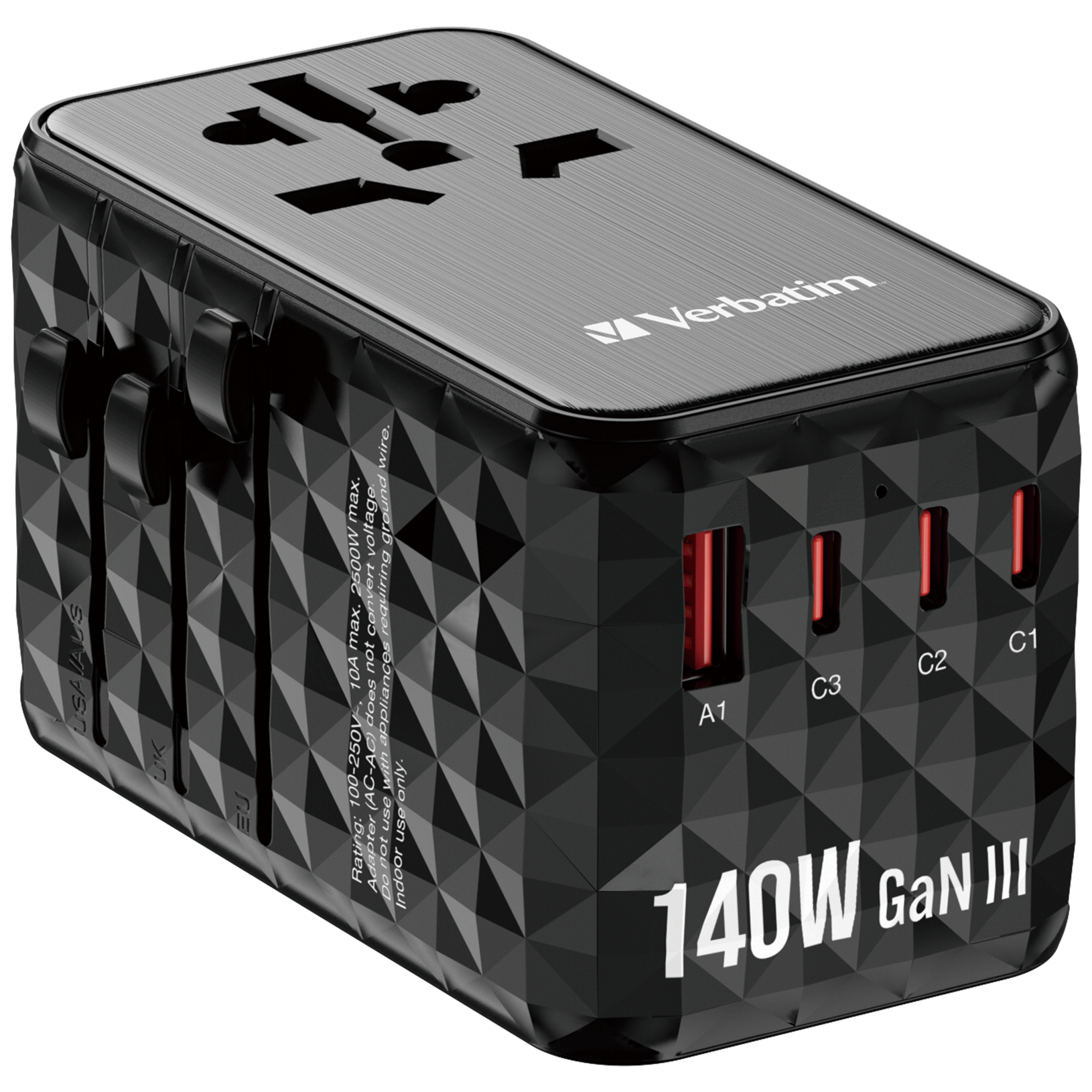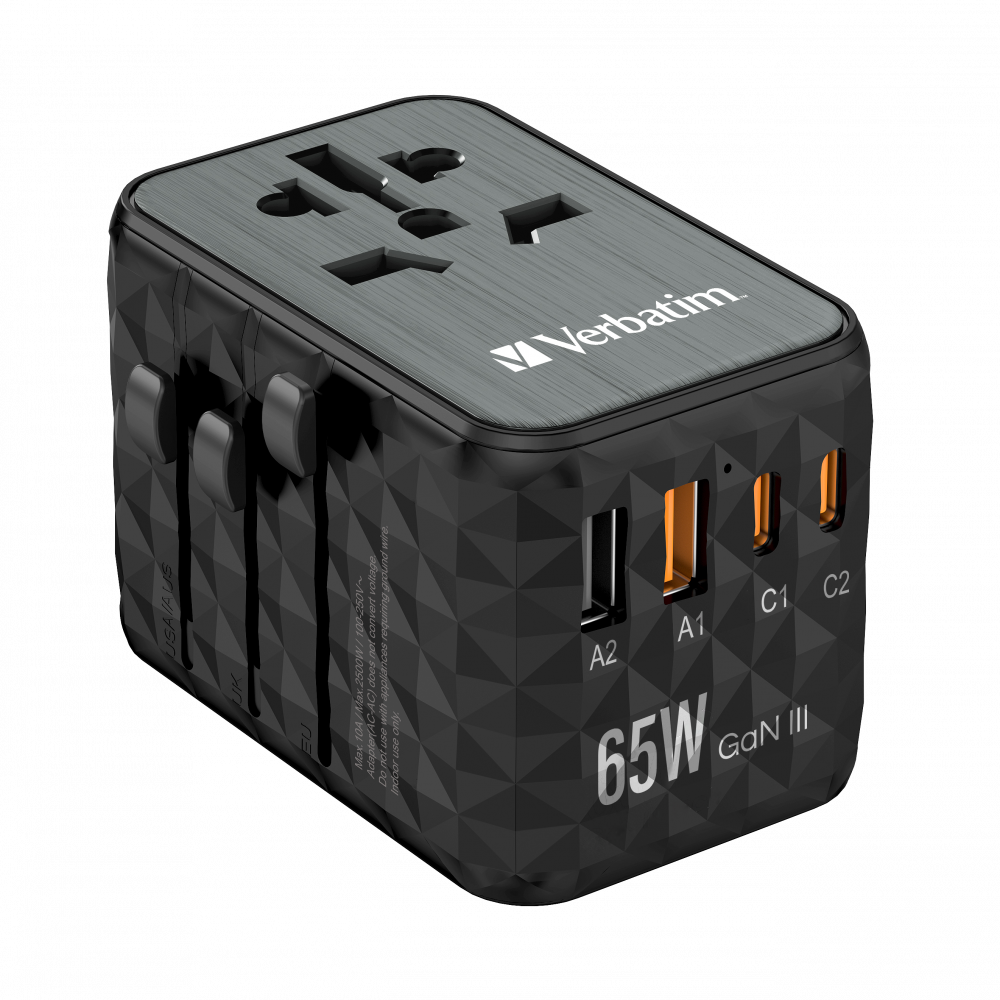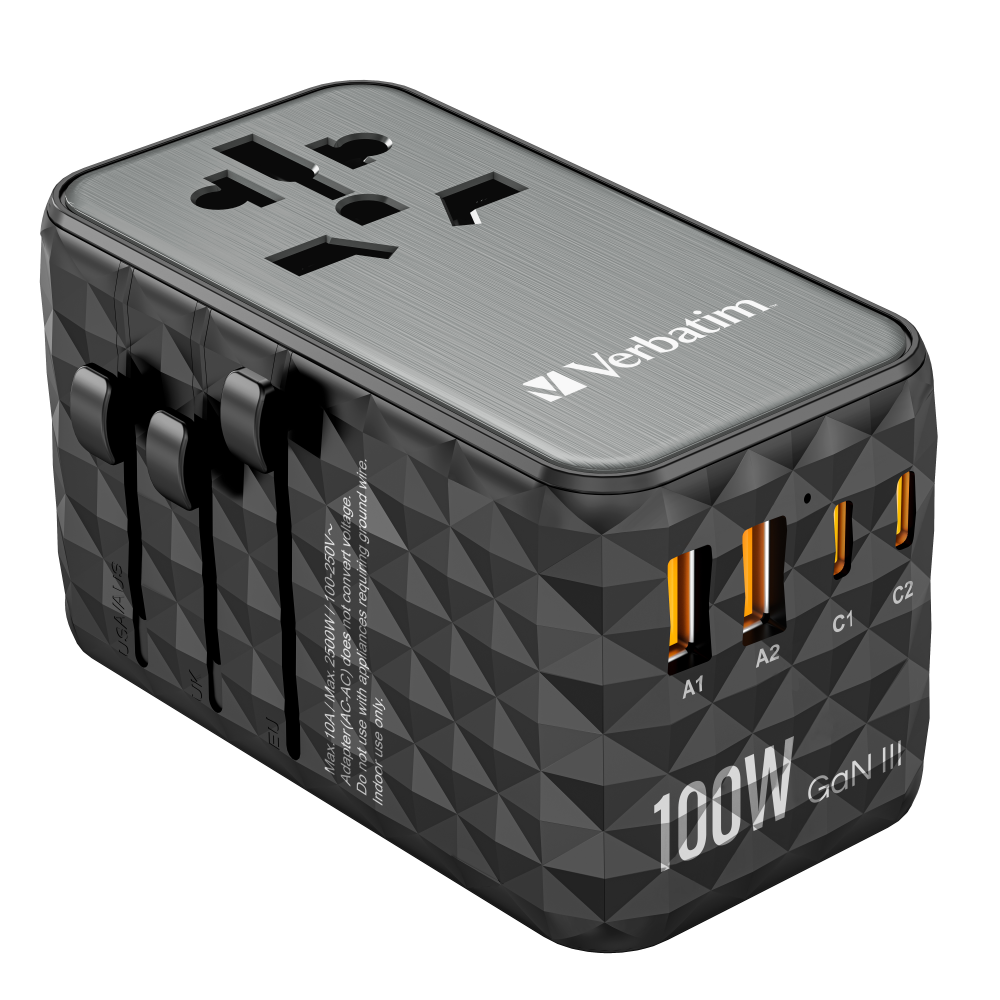A Complete Guide to Gallium Nitride Charging
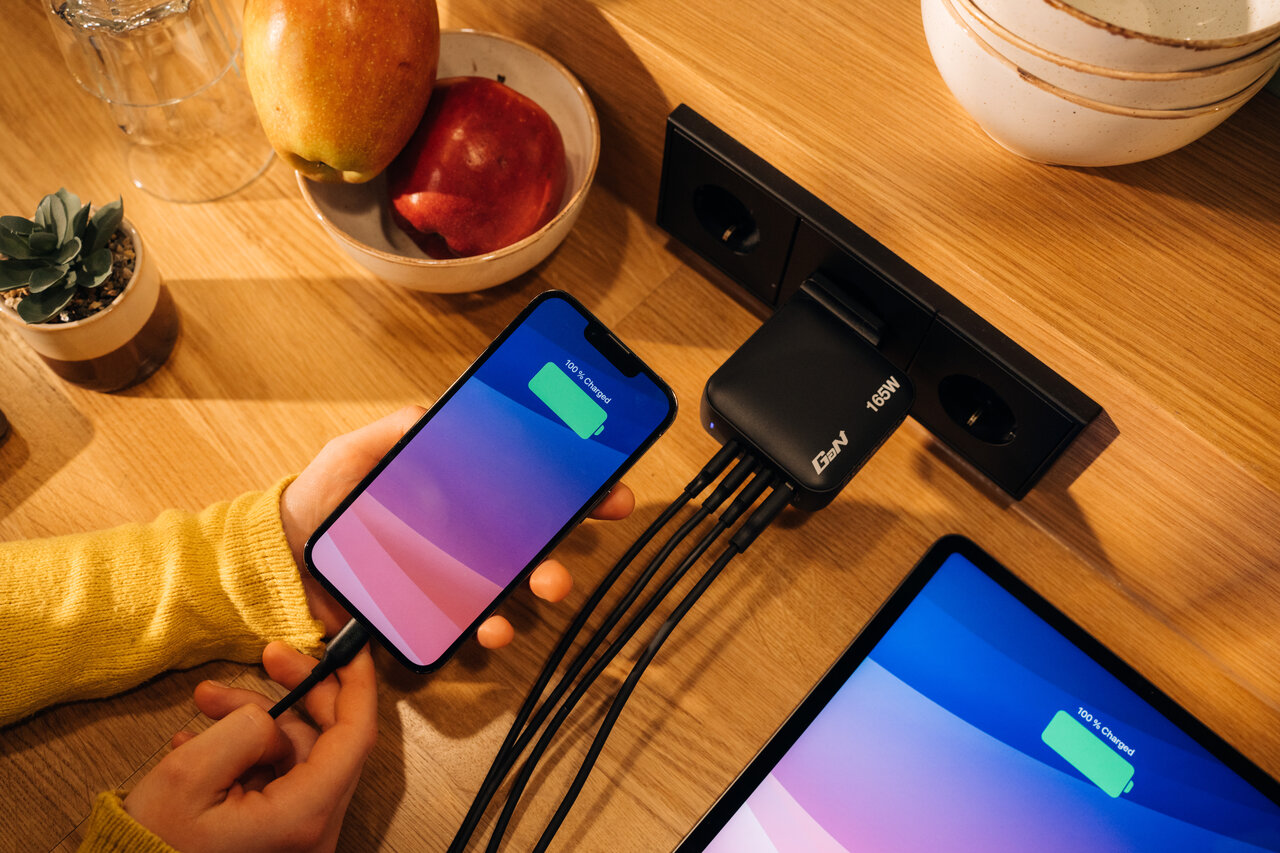
Introduction: Why GaN is the Future of Charging
If you're looking for faster, smaller, and more efficient chargers, you're likely to come across the term GaN – short for Gallium Nitride. This advanced material is changing the game in consumer electronics, especially in the world of USB-C® chargers, laptop power adapters, and travel-friendly charging solutions.
In this guide, we’ll explain what GaN technology is, how it works, what makes it superior to traditional chargers, and what to look out for when buying a GaN charger. Whether you're charging an iPhone, Android phone, laptop, tablet or multiple devices at once, this is everything you need to know.

1. What is GaN? (Gallium Nitride Technology Explained)
GaN (Gallium Nitride) is a semiconductor material that’s more efficient than traditional silicon. It allows for faster switching, higher voltage handling, and significantly reduced heat loss. These properties make GaN ideal for use in compact, high-power electronics, especially USB-C chargers and power adapters.
Because of its efficiency, GaN enables chargers to be smaller, lighter, and faster while maintaining the same or higher output. That’s why many leading brands are replacing silicon-based chargers with GaN-based models.
2. Benefits of GaN Chargers
Looking for a fast charger that’s compact and travel-ready? Here’s why GaN is a smart upgrade:
Benefit | Why it Matters |
|---|---|
Smaller & lighter design | ideal for travel or saving space at home/work |
Faster charging speeds | Supports USB Power Delivery (PD), Quick Charge (QC), and PPS for rapid charging |
Better thermal management | Less heat = improved safety and longer lifespan |
More power in one charger | Can charge multiple high-powered devices at once |
Travel-friendly options | Many GaN chargers come with interchangeable plugs for global use |
3. What to Consider When Buying a GaN Charger
Not all GaN chargers are equal. Use this checklist when shopping for a reliable, high-performance GaN charger:
Wattage Output
Make sure the charger can meet your device’s power requirements:
Phones – 20–30W
Tablets – 30–45W
Laptops – 60–140W
USB-C Power Delivery (PD) & PPS Support
Look for PD 3.0 or PD 3.1 for compatibility with modern devices. PPS is particularly useful for Android fast-charging phones.
Multiple Ports
Choose a multi-port charger if you need to power several devices at once. Check how the power is split across ports.
Safety Certifications
Look for CE, UKCA, RoHS compliance, and built-in protections like:
Overvoltage
Overcurrent
Overtemperature
Short-circuit protection
Build Quality
Premium GaN chargers feature flame-retardant materials, solid casing, and efficient heat dissipation design.
Plug Type & Travel Compatibility
Travelling? Look for universal travel adapters or chargers with interchangeable plugs for UK, EU, and international sockets.
4. GaN Charger FAQs – What You Need to Know
Q1. Does GaN charge faster than traditional chargers?
Yes – but only if your device supports fast charging protocols (PD, QC, PPS). GaN makes fast charging more efficient and consistent.
Q2. Is GaN safe for my devices?
Absolutely, as long as the charger is certified and from a trusted brand. GaN chargers intelligently deliver the correct voltage and current.
Q3. Why do GaN chargers cost more?
You’re paying for newer, more advanced technology that offers better performance, safety, and longevity.
Q4. Can I use a 100W GaN charger to charge my phone?
Yes! GaN chargers automatically regulate power output, so they only deliver the wattage your device needs.
Q5. Will GaN chargers work with Apple, Samsung, and other brands?
Yes – GaN chargers typically support USB-C Power Delivery, which is standard across Apple, Samsung, Google Pixel, and more.
Q6. Is GaN just for travellers?
No – while their compact size makes them ideal for travel, GaN chargers are equally useful at home or in the office, especially if you want to charge multiple devices from one plug.
Q7. Are all GaN chargers the same?
Not quite. Some manufacturers may use “GaN” as a buzzword. Stick to reputable brands with transparent specifications and proper safety certifications.
Q8. What’s the difference between PD 3.0 and PD 3.1?
PD 3.1 supports higher voltages (up to 240W), ideal for newer laptops and future-proofing. PD 3.0 covers most smartphones and tablets.
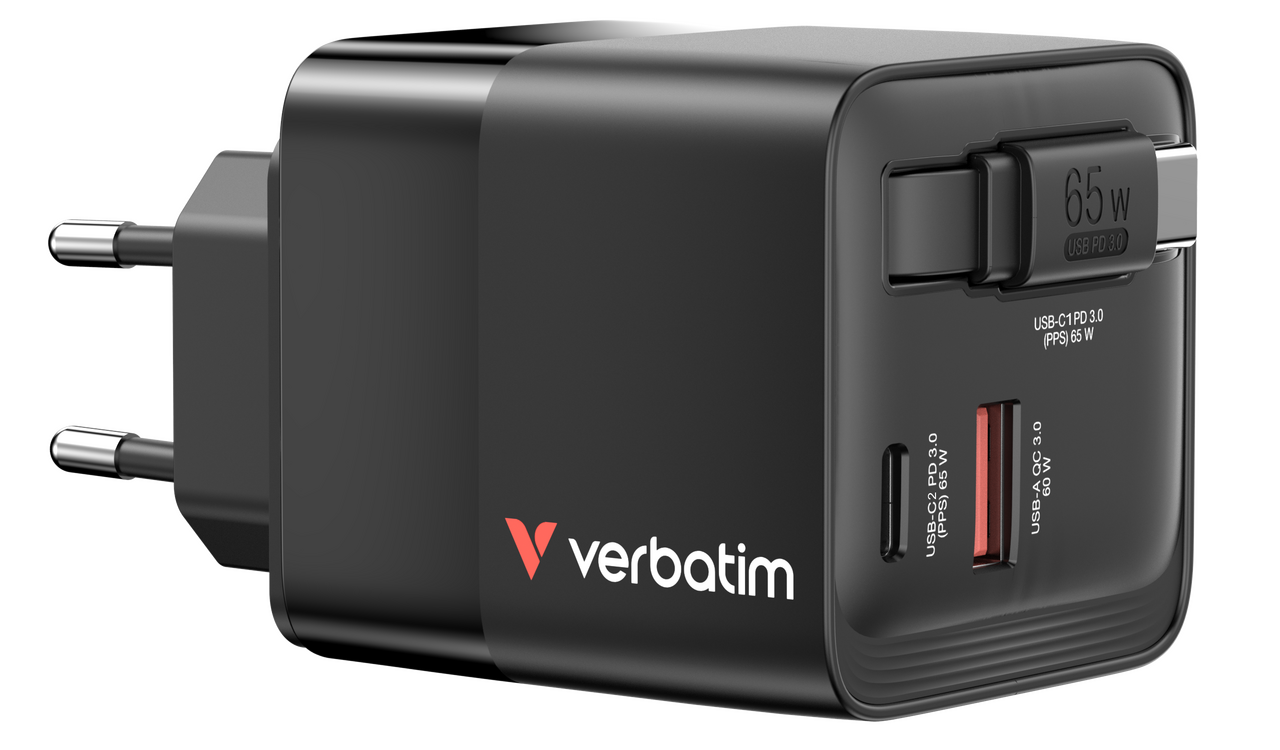
5. Choosing the Right GaN Charger
Here’s a quick guide to help you pick the perfect GaN charger for your needs:
For Daily Charging (Phones/Tablets)
30W to 45W GaN charger with USB-C PD
Compact and ideal for everyday carry or bedside use
For Laptops and High-Power Devices
65W to 140W GaN charger
Supports PD 3.1 for MacBook, Dell, HP, Lenovo, and more
For Travel and Multi-Device Charging
Multi-port GaN chargers with USB-C and USB-A
Optional built-in cables or interchangeable plugs
For Families or Shared Use
High-wattage GaN charger (85W–140W)
Multiple ports for simultaneous fast charging
Conclusion: Why Switch to a GaN Charger Today
GaN charger technology represents a major leap forward in how we power our devices. Whether you're after fast charging for your smartphone, a compact charger for your laptop, or a single solution to power all your travel tech, GaN offers a powerful and efficient alternative to traditional charging options.
When you choose a GaN charger from Verbatim, you're getting:
Cutting-edge power efficiency
Smarter safety
Sleek, space-saving design
Trusted quality and durability
Ready to upgrade?
Explore Verbatim’s range of GaN chargers.
Multiport Wall Chargers | Charge laptops and phones | Verbatim
Plugs and Travel Adapters | Fast Charging Multiplugs | Verbatim
GaN Wall Chargers
GaN Travel Adapters
